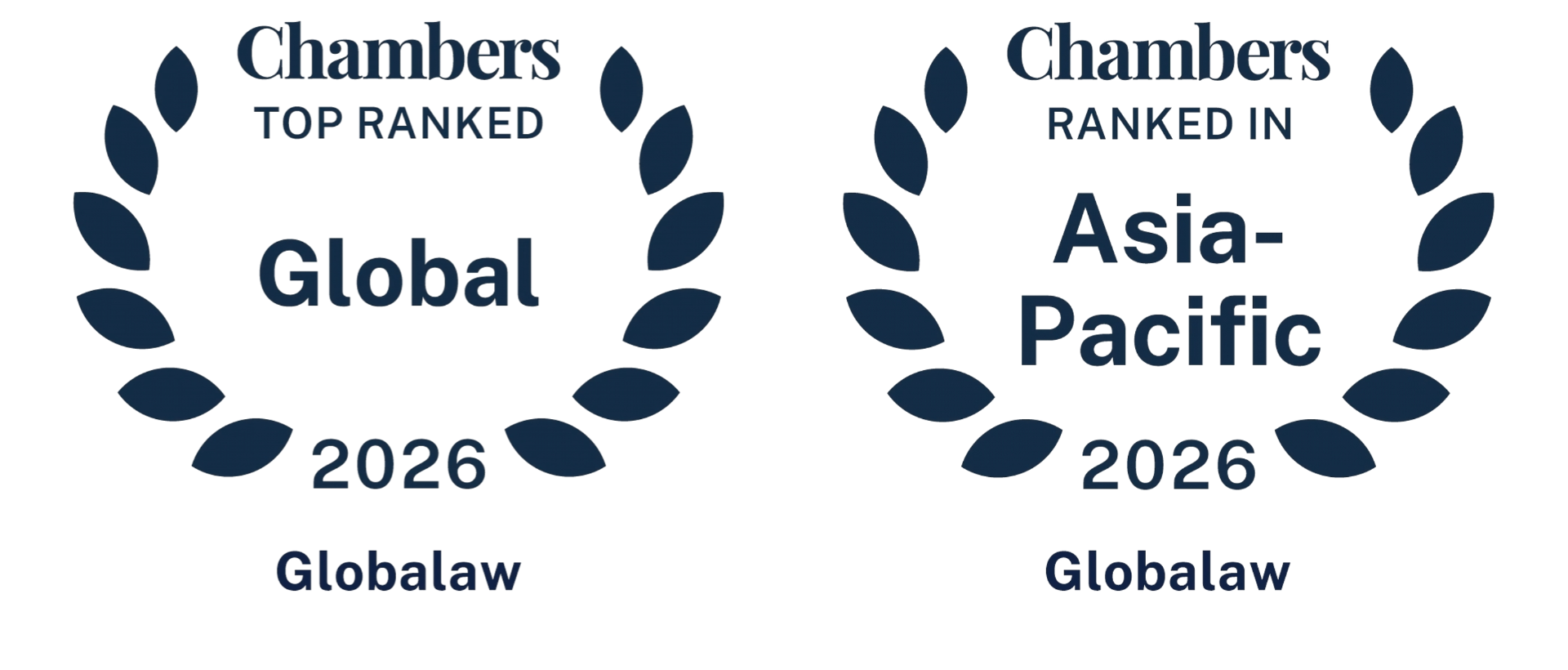Incoterms and Tariff Mitigation
An increasingly complex landscape for international trade is presenting new challenges for cross-border business. Geopolitical tensions, fluctuating tariffs, and diverging trade policies have introduced significant uncertainty for buyers and sellers internationally. The prospect of increased tariffs disrupts pricing expectations and predictability around international commercial arrangements. In this environment, the mitigation and management of potential tariff risks are paramount for cross-border businesses.
To this end, Incoterms (International Commercial Terms) are important tools to help mitigate risks associated with increased costs caused by tariffs. Incoterms are a set of globally standardized contractual terms used for risk and responsibility management between international commercial entities.
While Incoterms do not directly address tariffs themselves, they can be used to allocate cost and payment obligations to minimize trade disruptions caused by tariffs.
BACKGROUND
Originally developed by the International Chamber of Commerce (ICC) in 1936, Incoterms have evolved over time to address the changing demands of global trade. There are currently a set of eleven (11) internationally recognized Incoterms that are used to provide clarity and consistency in international trade contracts.
The latest iteration, Incoterms 2020, has been updated to reflect modern trade realities.
COMMON INCOTERMS AND TARIFF MITIGATION STRATEGIES
Some of the most common Incoterms used in commercial contracts for tariff mitigation strategies include:
1. Delivered Duty Paid (DDP)
In an unpredictable tariff environment, Delivered Duty Paid (DDP) is an ideal Incoterm for use by buyers seeking price certainty and risk protection from fluctuating tariffs.
Under DDP, the seller delivers goods cleared for import and ready for unloading at a named location. The seller is responsible for the costs and risks associated with final delivery, including the payment of tariffs.
DDP can assist buyers in uncertain tariff situations in multiple ways. Firstly, DDP provides price stabilization for the delivered goods by ensuring that the seller covers any import tariffs. This mitigates against price increases necessitated by changes in tariffs in the destination country. DDP also provides predictable costs by allowing the buyer to know the total landed cost before delivery. Finally, DDP can help to shield the buyer from uncertainty around the risk of increased tariffs during the transportation process. These factors make the use of DDP in commercial contracts particularly helpful for buyers by providing predictability around prices and costs.
2. Ex Works (EXW)
Ex Works (EXW) is an Incoterm that can be used by sellers who want to limit their tariff exposure. EXW is also helpful to buyers interested in managing tariff risks by taking advantage of potentially favorable tariff rates, depending on their location.
Under EXW, the seller ensures that goods are available for shipment at their premises, or another agreed-upon location. The buyer then assumes full responsibility for arranging shipment, transport and meeting customs regulations, including paying applicable tariffs in the importing country.
Under EXW, the seller’s responsibilities end once the goods are made available for transport, thereby limiting their tariff exposure. EXW also gives the buyer control to manage tariff risks based on their location. For example, if the buyer is located in a region with favorable tariff rates or subject to a free trade agreement, the buyer can import the goods at a lower tariff rate than may exist in other regions. EXW also presents opportunities for the buyer to arrange shipping routes with advantageous tariff rates.
3. Free on Board (FOB)
Free on Board (FOB) is technically an Incoterm applicable only to inland waterway transport but used commercially for other modes. FOB is particularly beneficial to sellers looking to minimize their tariff exposure throughout the shipping process.
Under FOB, the seller is only responsible for the costs of clearing goods for export and for their delivery onto a vessel for transport at a named port of departure. As soon as the goods are over the ship’s rail when loaded on to the transport vessel, the buyer becomes liable for risks and costs, including import clearance and tariff payment in the destination country.
Using FOB in commercial contracts minimizes the seller’s tariff risk. It also allows the buyer flexibility to take advantage of shipping destinations that may benefit from lower tariff rates and free trade agreements.
4. Free Carrier (FCA)
Free Carrier (FCA) is an Incoterm that provides flexibility to both the buyer and seller to collaborate on tariff mitigation strategies around advantageous delivery points that may benefit from lower tariff regions or trade agreements.
FCA allows the seller to deliver goods to a carrier at an agreed location, that can be chosen strategically to minimize tariffs for the buyer. Once transferred at the delivery point, the buyer assumes responsibility for import tariffs and customs clearance. FCA allows the buyer more control over customs procedures and can facilitate the use of shipping routes that minimize tariff exposure, depending on the agreed delivery point. Under FCA, both the seller and buyer can benefit from tariff risk minimization.
The use of Incoterms provides businesses with the opportunity to be proactive in managing commercial activities in the face of increasing tariff threats. Counsel can assist in identifying and implementing appropriate Incoterms to address specific considerations around optimizing supply chains, leveraging trade agreements and other risk allocation strategies to ensure smooth international transactions in the current global trade environment.







